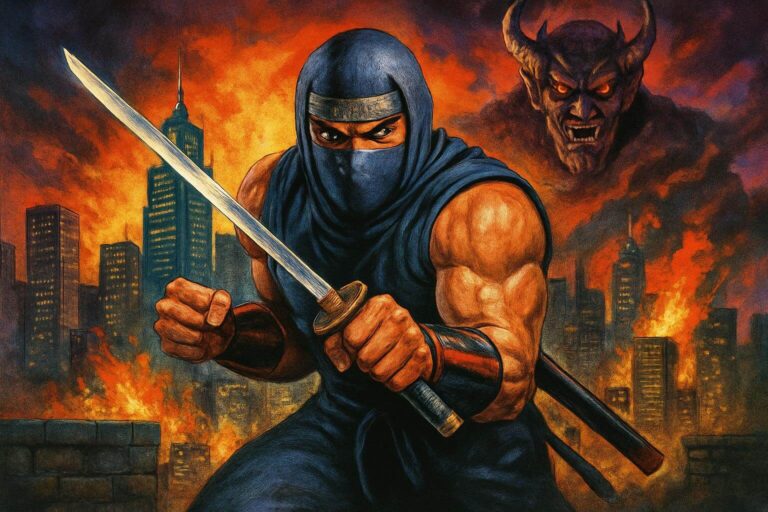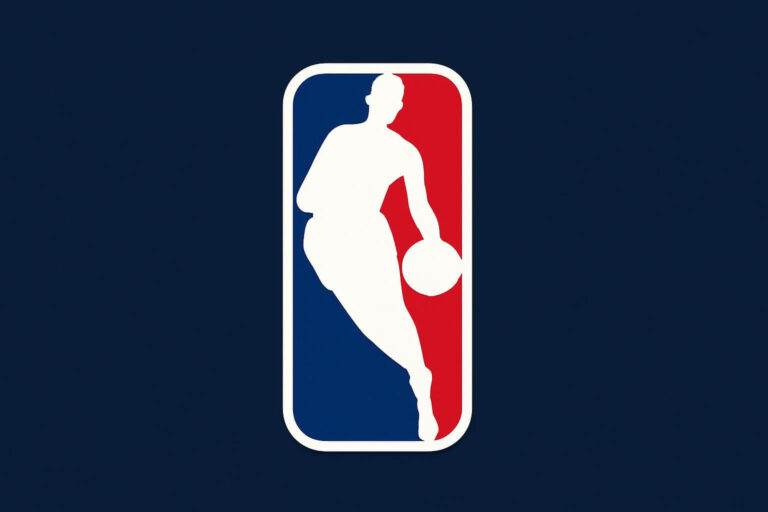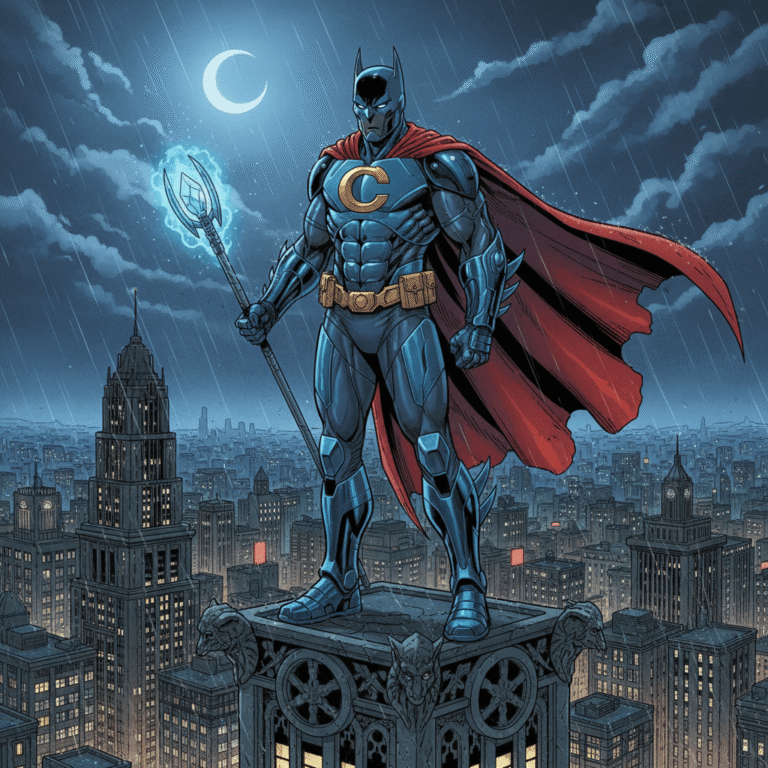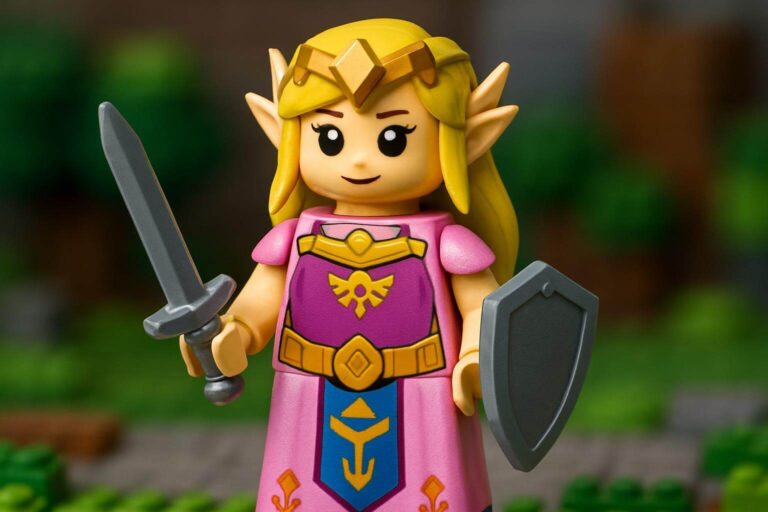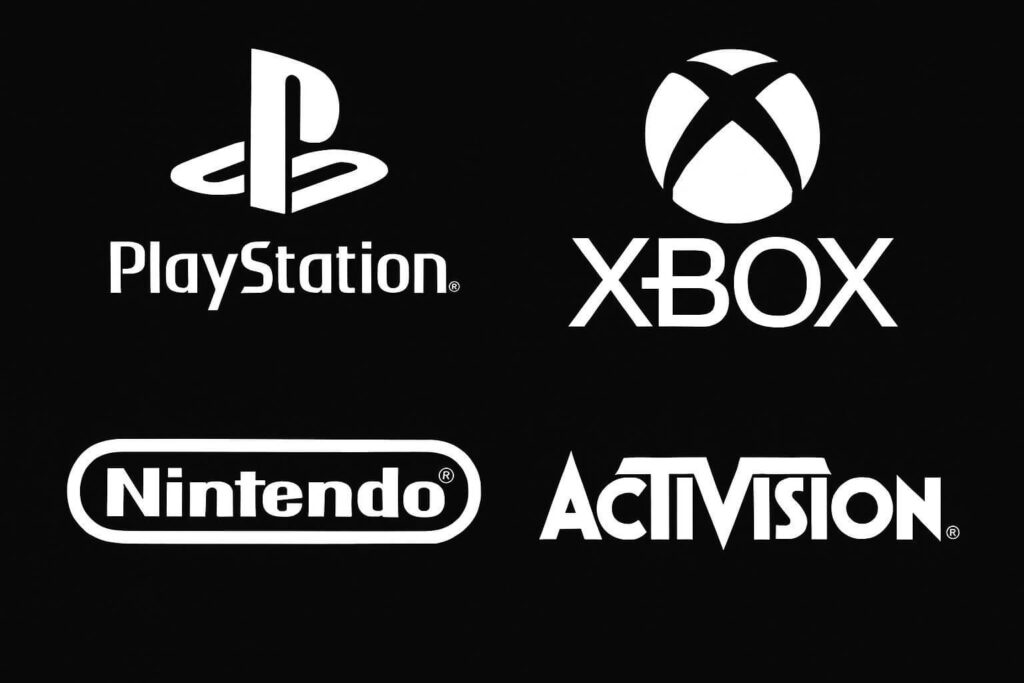
The Big Names Behind the Top 10 Gaming Companies in the World
The global gaming industry continues to grow. At the top are companies with huge market caps and legendary titles. These firms shape how we play and what we expect from games.
Sony Interactive Entertainment leads the way with the PlayStation brand. Its market cap sits around $110 billion. Hits like God of War, Spider-Man and The Last of Us boost its dominance.
Microsoft Gaming follows closely. With a $2.5 trillion parent company, its Xbox and Game Pass ecosystem is unmatched. Halo, Forza, and the Bethesda portfolio drive its influence.
Nintendo, worth around $60 billion, stays iconic. Franchises like Mario, Zelda, and Pokémon keep fans loyal for decades.
Asian Giants Rule the Mobile World
Tencent Games, based in China, has the world’s largest gaming revenue. Its market cap is around $400 billion. It owns Riot Games (League of Legends) and stakes in Epic Games (Fortnite) and Supercell (Clash of Clans).
NetEase, another Chinese giant, thrives in mobile and online games. It has a market value of about $70 billion. Its titles include Knives Out, Identity V, and Naraka: Bladepoint.
Bandai Namco from Japan also ranks high. With a $15 billion valuation, it produces beloved titles like Tekken, Elden Ring (with FromSoftware), and Dragon Ball Z games.
The Top 10 Gaming Companies in the World Also Include U.S. Powerhouses
Activision Blizzard, recently acquired by Microsoft, holds Call of Duty, World of Warcraft, and Diablo. Before the merger, its market cap was around $60 billion.
Electronic Arts (EA) commands sports and action. It’s valued around $35 billion. EA Sports titles like FIFA, Madden, and Apex Legends keep it strong.
Take-Two Interactive owns GTA and NBA 2K. Its market cap is about $25 billion. Rockstar Games, its key studio, is a major asset.
Rising Stars and Global Influence
Ubisoft, from France, rounds out the top 10. Its $10 billion value is backed by franchises like Assassin’s Creed, Far Cry, and Rainbow Six.
These top 10 gaming companies in the world dominate different sectors—console, PC, and mobile. Together, they shape the future of digital entertainment.


